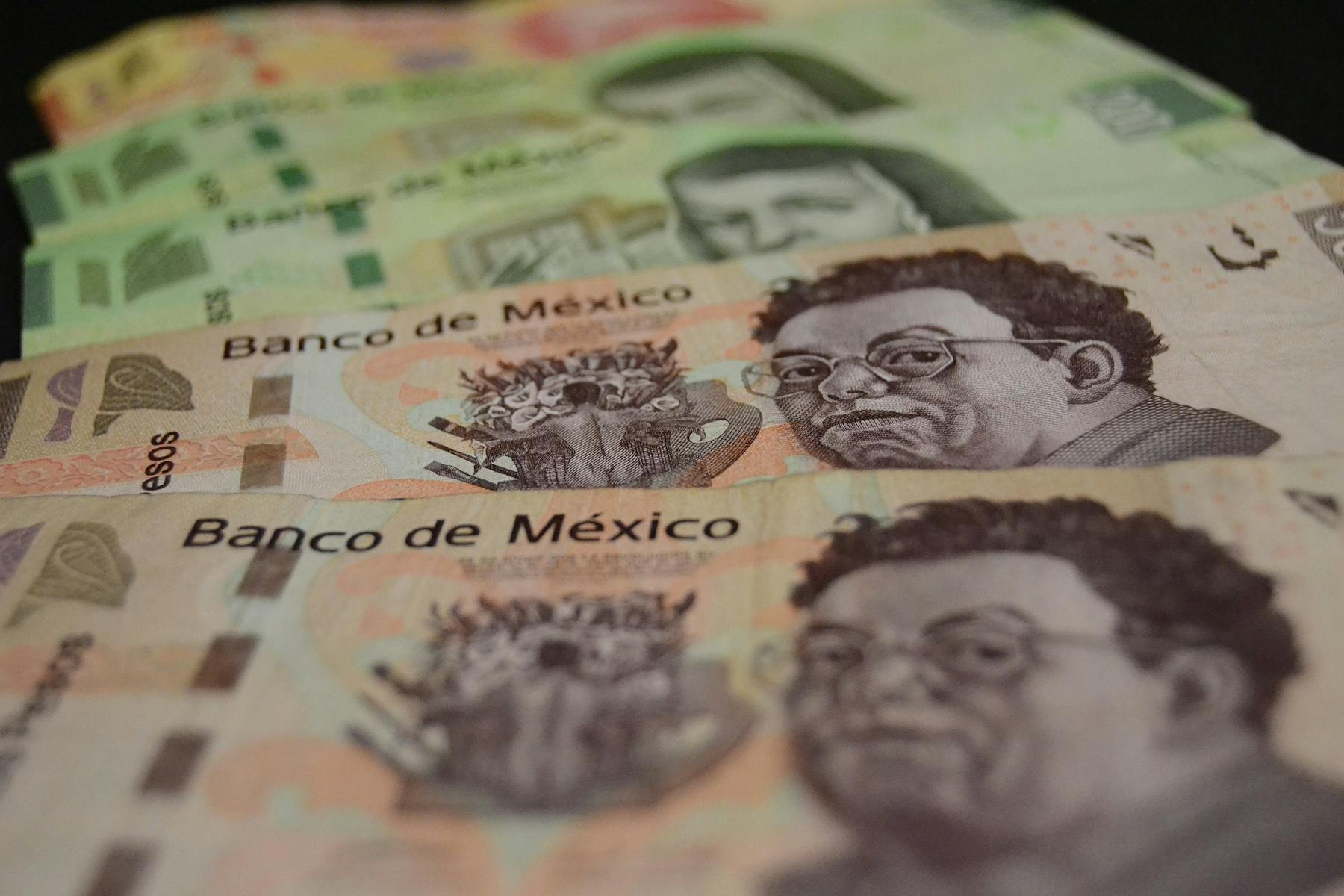News of the Remittances Industry

Into the Unknown for Challenger Banks (The Monito Briefing Issue #3)
March 29, 2021 - by Byron Mühlberg

Remittances: Definition, Volumes, Trends and Analyses by Monito's Experts
August 2, 2021 - by François Briod

Is Cash Still King? A Look at Cash-Based Remittances in 2020
March 10, 2021 - by Byron Mühlberg

Post-COVID Remittance Rebound in Latin America and the Caribbean Hints at Emerging Trends
February 20, 2021

Mexico Money Orders Continue To Decline Despite Strong Remittance Numbers
January 27, 2021
Other Monito Briefing Issues

Cash Still King For Cross-Border Payments? (The Monito Briefing Issue #2)
February 26, 2021 - by Olivia Willemin

Into the Unknown for Challenger Banks (The Monito Briefing Issue #3)
March 29, 2021 - by Byron Mühlberg

Why Money Transfer Providers Still Have Room to Grow
March 27, 2021 - by Olivia Willemin

Wise and Wacky: Digital Transfers Continue To Advance (The Monito Briefing Issue #1)
September 15, 2022 - by Byron Mühlberg

The eNaira Is Here: Exploring Nigeria’s First-of-a-Kind CBDC Gamble
November 26, 2021 - by Byron Mühlberg
Revisiting Novi: Trimmed Ambitions & Regulatory Hurdles
October 28, 2021 - by Byron Mühlberg

International Payment Speeds: Past, Present & Future
October 6, 2021 - by Byron Mühlberg

